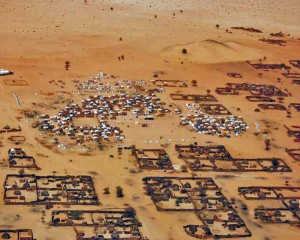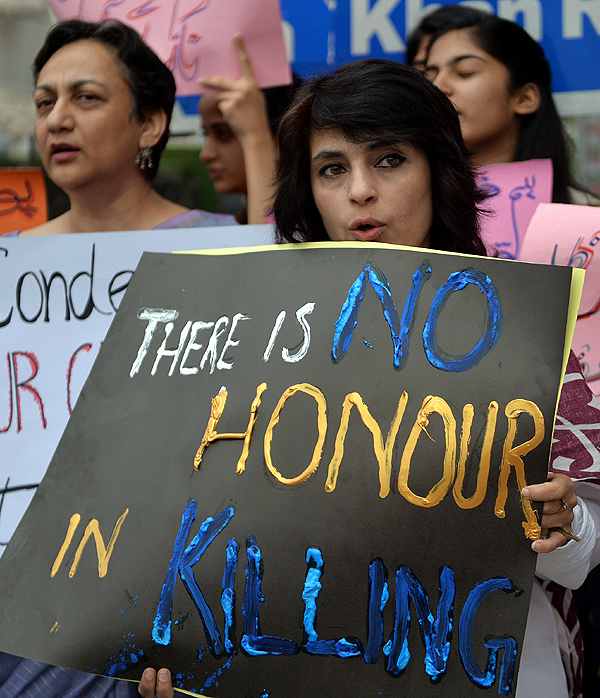Post-conflict Peacebuilding (part-2)
Tuesday, January 10th, 2012 12:47:05 by Sajjad Hussain
The first part of the article briefly took to account the complexities the process of post-conflict peacebuilding involves. While there is an array or problems invariably influencing the peacebuilding process, the most important of all is the relevant
organizations’ ability to effectively discharge their responsibility. Their failure may result in the essentially undesirable result of the entire peacebuilding process, thereby compounding the challenges for the society torn by conflict and violence. The
first part was concluded with the recent case of peacebuilding in Afghanistan, it will talk about other aspects of it (peacebuilding) now.
This particular case of post-conflict peacebuilding in Afghanistan manifests the inability, if not ineffectiveness, of the organizations supposed to be instrumental in establishing peace. Not that they are really ineffective, it is actually the lack of resolute
commitment and confusion on the part of policymakers that has led to the hopeless situation in the country.
Important to emphasize here is the fact, on which Ahmad Rashid – an expert on Afghan conflict, also sheds light is that there the economic and political strategies adopted to amend the situation in Afghanistan are flawed. Conflicting agendas, overlapping
projects, money badly spent.
It seems that they been here before, many times, and the conclusions are always the same. The solution lies not in greater funds but in more-intelligent use of resources.
Similarly, in the post-conflict peacebuilding when organizations like the IMF and World Bank impose their own tough conditions for restructuring or aid, it significantly impacts the people who have already suffered huge material losses in the war.
The burden of taxes on the masses bearing the brunt of conflict, withdrawing the subsidies from the basic commodities only add to frustration, which may lead to chaos, if not anarchy. Similarly, finding political solutions that are not acceptable to the
local population, or do not represent their aspiration, compound the situation, thus uncertainty persists.
Broadening further, it be underlined and accentuated here that the termination of peace missions without fully establishing peace serves no useful purpose either.
(Continued to part 3)
Tags: , Afghanistan, Ahmed Rashid, Budget processShort URL: https://www.newspakistan.pk/?p=8682

















